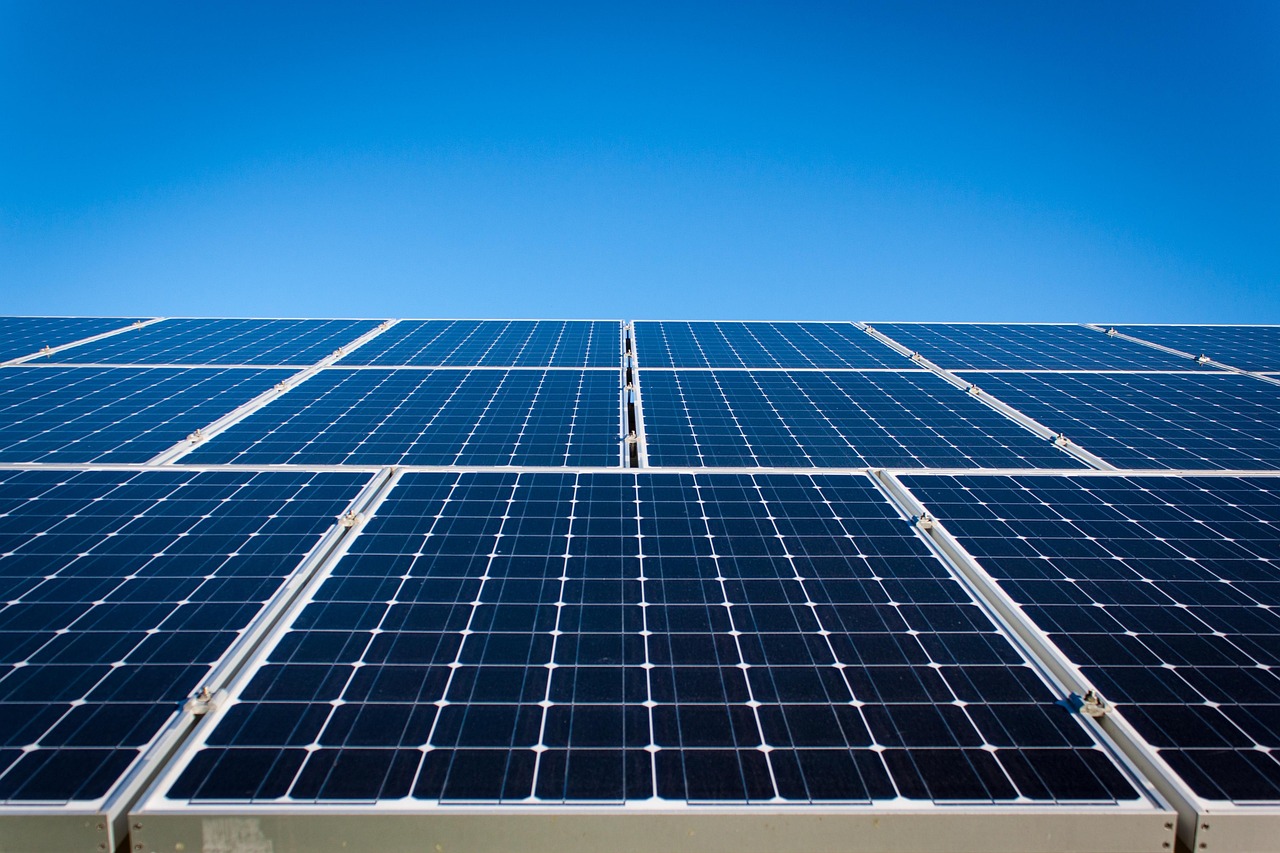Introduction to Solar Energy
Solar energy is the power we harness from the sun using photovoltaic cells or solar thermal systems.
It’s one of today's most sustainable, abundant, and promising energy sources.
As fossil fuels dwindle and climate change becomes a pressing issue, solar energy shines as a reliable and eco-friendly solution.
1. Reduces Electricity Bills
Installing solar panels can drastically reduce monthly electricity bills. Once your system is in place, the sun’s energy is free. While the initial investment may be high, solar energy saves thousands of dollars over time.
Benefits
- Decreased dependency on grid electricity
- Net metering allows you to earn credits
- Predictable monthly energy costs
2. Eco-Friendly and Clean Energy Source
Solar energy is renewable and doesn’t release harmful greenhouse gases. Unlike coal or gas, it doesn’t pollute the air or water, making it an ideal choice for eco-conscious homeowners
Environmental Perks
- No carbon dioxide emissions
- Reduces reliance on fossil fuels
- Helps combat climate change
3. Low Maintenance Costs
Solar panels require minimal upkeep. Once installed, they can last for 25–30 years with basic cleaning and occasional inspections.
Maintenance Tips:
- Clean panels twice a year
- Check inverter performance
- Monitor energy output regularly
4. Diverse Applications
Solar energy isn’t just for homes. It powers satellites, boats, water heaters, streetlights, and even mobile charging stations.
Popular Uses:
- Residential rooftop systems
- Solar-powered water pumps
- Solar street lighting systems
5. Increases Property Value
Homes with solar panels sell faster and at a higher price. According to research, buyers are willing to pay more for homes with solar systems due to lower utility costs.
Why It Matters:
- Attractive features for buyers
- Higher resale value
- Government support for solar-equipped properties
6. Energy Independence and Security
Solar energy gives you control over your power supply. During power outages or price hikes, solar users enjoy steady energy flow.
Key Advantages:
- Reduced reliance on power companies
- Suitable for remote and rural areas
- Enhances grid resilience
7. Government Incentives and Tax Benefits
Governments worldwide offer solar rebates, tax credits, and subsidies. These incentives make solar systems more affordable for homeowners and businesses
Examples
- Investment Tax Credit (ITC) in the U.S.
- Subsidies under India’s PM-KUSUM scheme
- Feed-in Tariffs (FiTs) in Europe
8. Long-Term Investment Returns
While upfront costs may seem high, solar energy pays for itself in the long run. Over the lifetime of the system, users save thousands in electricity bills.
Return Factors:
- Energy savings
- Rising electricity prices
- System durability
9. Technological Advancements
Modern solar panels are more efficient and affordable than ever before. Battery storage, smart inverters, and flexible panels are revolutionizing the industry.
Recent Innovations:
- Bifacial solar panels
- Transparent solar windows
- Solar shingles
10. Easy Installation Process
Thanks to plug-and-play systems and professional installers, going solar is easier than ever. Many companies offer free consultations and installation support.
Steps to Install:
- Site assessment
- Design and customization
- Permit approval
- Panel installation
- Connection to the grid
11. Creates Local Employment
The solar sector is a major job creator. From manufacturing to installation and maintenance, it supports millions of green jobs worldwide.
Job Roles:
- Solar panel technicians
- Sales representatives
- Project engineers
12. Sustainable and Renewable Sources
Unlike fossil fuels, solar power is infinite. As long as the sun shines, we can generate electricity without depleting natural resources.
Sustainability Benefits:
- No fuel consumption
- No harmful emissions
- Ideal for future generations
